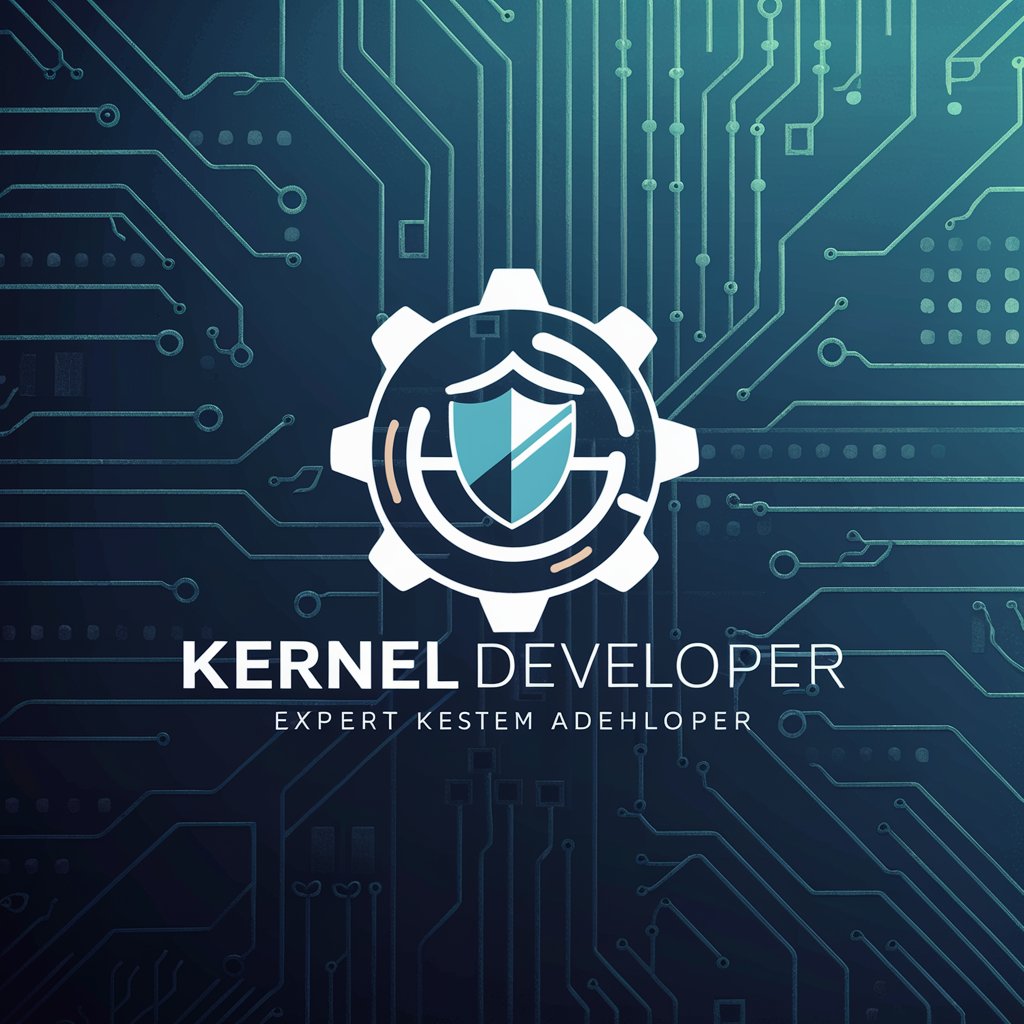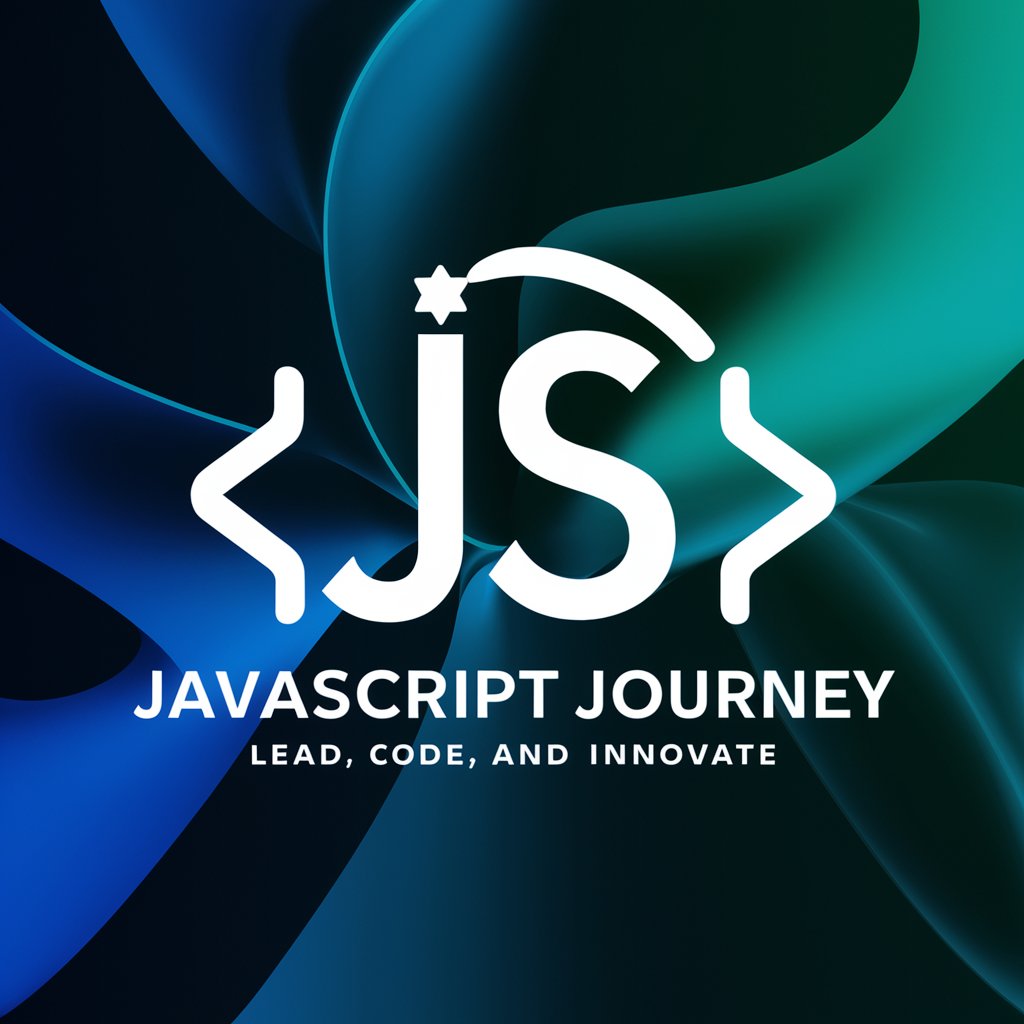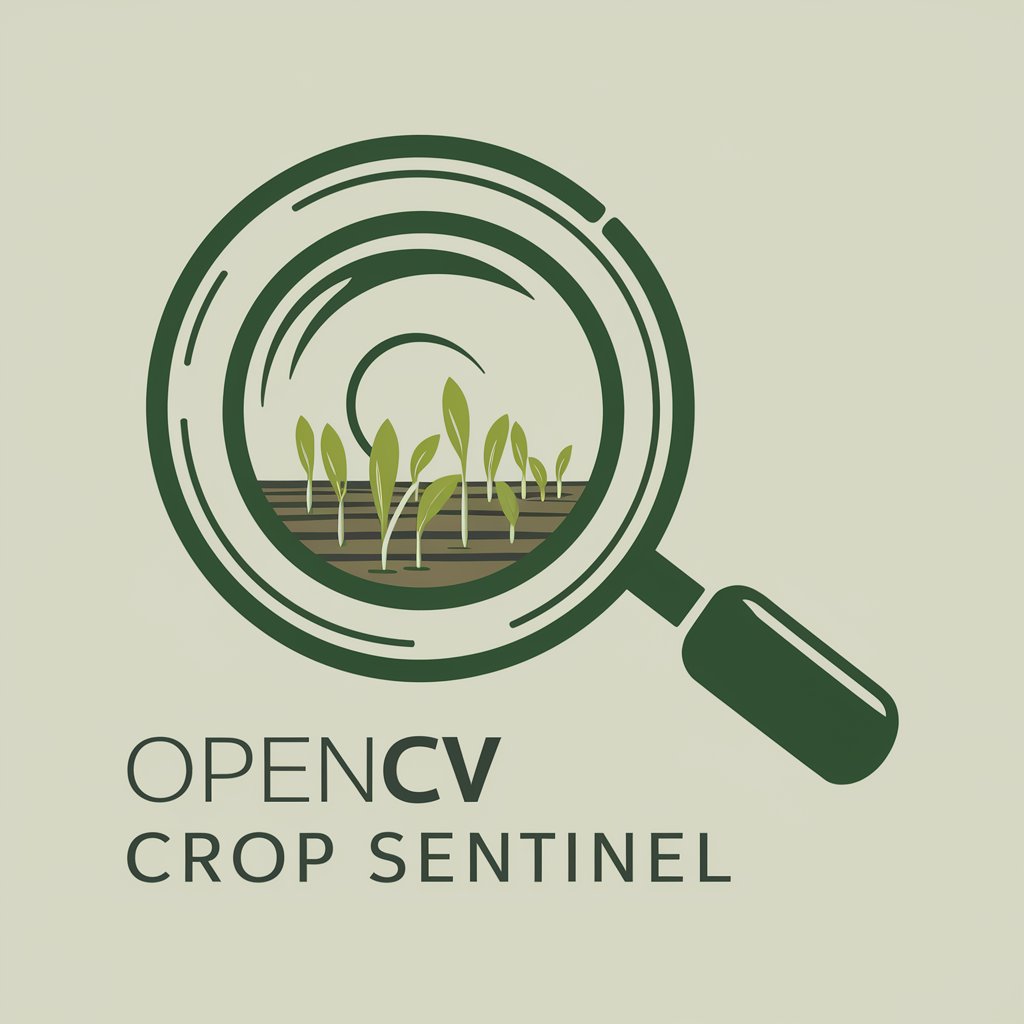C Language Mastery in Kernel Development - Kernel Development Mastery

Welcome! Let's optimize your kernel development in C.
Empowering Kernel Innovation with AI
How can I optimize kernel modules for better performance?
What are the best practices for memory management in kernel development?
Can you help me write a C function to interact with hardware at the system level?
What debugging tools do you recommend for diagnosing kernel issues?
Get Embed Code
C Language Mastery in Kernel Development
C Language Mastery in Kernel Development is a specialized domain focusing on the utilization of the C programming language for developing and optimizing kernel-level modules and functionalities within operating systems. The design purpose revolves around enhancing system performance, security, and stability through direct hardware interaction, efficient memory management, and the implementation of optimized algorithms. This domain necessitates a deep understanding of computer architecture, operating system principles, and the nuances of C language that are critical for low-level programming. An example scenario includes the development of a new filesystem using C, which requires managing memory allocation efficiently, ensuring data integrity and speed, and interfacing seamlessly with the rest of the operating system. Powered by ChatGPT-4o。

Core Functions and Real-World Applications
Development of Kernel Modules
Example
Creating a custom scheduler module for the Linux kernel to optimize task scheduling based on real-time workload analysis.
Scenario
In a scenario where a system is required to handle high-priority real-time tasks alongside regular tasks, the custom scheduler can allocate CPU resources more efficiently, reducing latency and improving system responsiveness.
Optimization of System Performance
Example
Enhancing the memory management subsystem to reduce fragmentation and improve allocation speed.
Scenario
A scenario involves a high-performance computing system where memory allocation and deallocation operations are frequent and critical for application performance. The optimized memory management subsystem ensures higher throughput and lower latency for memory-intensive applications.
Hardware Compatibility Layers
Example
Developing drivers for new hardware devices, ensuring seamless integration with the operating system.
Scenario
In a scenario where a new type of storage device is introduced into the market, creating a compatible driver allows the operating system to fully utilize the device's capabilities, ensuring fast and reliable data storage and retrieval.
Target User Groups
Kernel Developers
Individuals or teams focusing on the development, optimization, or maintenance of operating system kernels. They benefit from in-depth insights into C programming for system-level tasks, enabling them to enhance kernel functionalities and performance.
System Architects
Professionals responsible for designing the overall structure of operating systems or large, complex software systems. Utilizing C Language Mastery helps in making informed decisions about system design, especially in areas concerning performance, security, and hardware interaction.
Hardware Interface Developers
Engineers who specialize in creating software that interacts directly with hardware components. Mastery in C is crucial for writing low-level code that communicates efficiently with hardware, essential for developing drivers and hardware abstraction layers.

Guidelines for Utilizing C Language Mastery in Kernel Development
Start with a Trial
Begin by accessing a complimentary trial at yeschat.ai, allowing you to explore functionalities without any commitment or the need for ChatGPT Plus.
Understand the Prerequisites
Familiarize yourself with C language basics, kernel architecture, and system-level programming concepts to fully leverage the tool's capabilities.
Identify Your Use Case
Determine your specific needs, whether it's developing new kernel modules, optimizing existing code, or enhancing system performance, to tailor your experience.
Engage with the Community
Join forums and discussions related to kernel development and C programming to exchange ideas, get feedback, and stay updated on best practices.
Iterate and Optimize
Use the tool to iteratively develop and test your code, utilizing profiling and debugging features to optimize for efficiency and performance.
Try other advanced and practical GPTs
📚 Monad Mastery
Master PureScript Monads with AI

AI Product Expansion
Empowering Products with AI Innovation

AI Tool Finder
Unleash AI's potential, find your perfect tool

IQ Coach
Elevate Your IQ with AI-Powered Practice

iGP Manager advisor
Elevate Your iGP Manager Game with AI

D3D Material Advisor
Powering your 3D printing choices with AI.

GAAP Guide Pro
Empowering accounting clarity with AI.

Crypto Analyst Pro
Empowering Investments with AI

Soaring with C: Aerospace Software Mastery
Elevate aerospace software with AI-driven C expertise.

Love Simulator®
Empowering your heart with AI

JavaScript Journey: Lead, Code, and Innovate
Empowering JavaScript innovation with AI.

OpenCV Crop Sentinel
Empowering Farmers with AI-Powered Crop Health Insights

In-Depth Q&A on C Language Mastery in Kernel Development
What makes C language ideal for kernel development?
C language offers close-to-hardware operations, efficient memory management, and a balance between high-level abstraction and low-level control, making it ideal for kernel development where performance and resource optimization are crucial.
How can I ensure my C code is secure and stable for kernel use?
Prioritize writing clean, well-documented code, adhere to security best practices, perform thorough testing and code reviews, and stay informed about common vulnerabilities in kernel development.
What are some common optimization techniques in kernel development with C?
Common techniques include efficient memory allocation and deallocation, minimizing kernel space and user space transitions, using inline functions for critical paths, and leveraging compiler optimization flags.
How can I handle hardware compatibility issues in my kernel module?
Ensure you have a deep understanding of the target hardware specifications, utilize conditional compilation for hardware-specific code, and extensively test on different configurations.
What resources can help me stay updated on best practices in C for kernel development?
Follow kernel development communities, subscribe to mailing lists like LKML (Linux Kernel Mailing List), engage in code reviews, and contribute to open-source kernel projects to learn from experienced developers.
